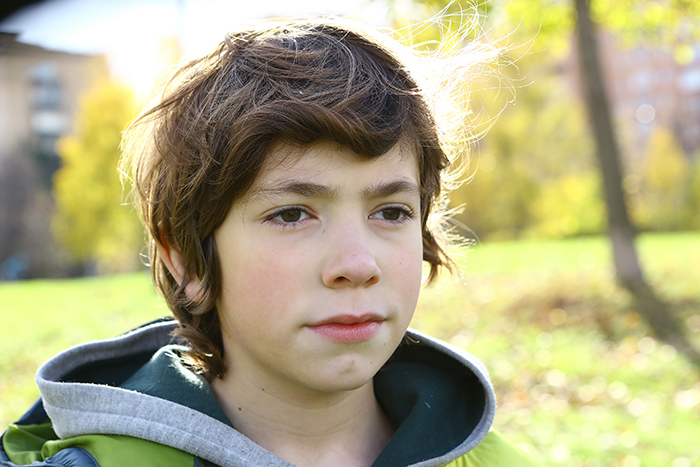Australian parents need more help to address and prevent childhood bullying as research shows one in five report one or more of their children was bullied in the last school term.
Almost every parent (89%) of a child who was bullied said the experience had affected the whole family. One in six parents had felt physically sick, and one in five felt depressed or anxious. Almost half (48%) worried about the long term effects of bullying on their child, while many were angry (44%) and frustrated at being unable to help (44%). One in three (32%) felt guilty for not being able to stop the bullying while one in four felt helpless (28%).
The Royal Children’s Hospital (RCH) National Child Health Poll on childhood bullying found while most parents have a good understanding of what bullying is, and the serious potential effects on children, half of all parents still said they needed more information on how to protect their child, including on cyberbullying.
Poll Director, paediatrician Dr Anthea Rhodes, said, “Bullying is a health problem and a community problem – it is serious and common and it can harm the physical, social and emotional wellbeing of children and young people.’’
“The best way to address and prevent bullying is for children, parents and schools to work together in a whole-of-community approach.”
Tips for Parents
Bullying
- Talk with your child regularly and listen to what they have to say
- Reassure your child that it’s not their fault and bullying is never OK
- Contact your child’s school for support
- It’s best not to approach the bully or their parents yourself
- Seek help from a counsellor, psychologist or GP if needed
Cyber bullying
- Block or defriend the offender
- Discuss the situation with a school staff member
- Collect evidence with screen shots
- Report inappropriate behaviour to the app or social media site
- Report inappropriate behaviour to the eSafety Commissioner
For more findings, or to sign-up to the quarterly newsletter, visit www.rchpoll.org.au
The poll also found:
- Late primary school aged children (aged 10 to 13 years) were more likely to have been bullied (21 per cent) compared with early primary school-aged children (14 per cent) and teenagers (17 per cent)
- Only half of parents (48 per cent) think their child’s school manages bullying well, yet one in ten said it was up to teachers not parents to educate children on how to respond to a bully
- Only one in three (36 per cent) think they can help make a difference in reducing bullying at their child’s school and one in four (23 per cent) were unaware of their child’s school bullying policy
- Among those bullied, verbal bullying was most common(78 per cent), followed by social bullying (56 per cent), physical bullying (49 per cent) and online bullying (30 per cent). Most children who were bullied (79 per cent) experienced two or more types of bullying, with one in eight (12 per cent) experiencing all four types of bullying
- Children with a physical or mental health disorder or disability were twice as likely to have been bullied
- Most parents (87%) are not confident they would know if their child was being bullied, and only half (46%) said they would know if their child was the bully

